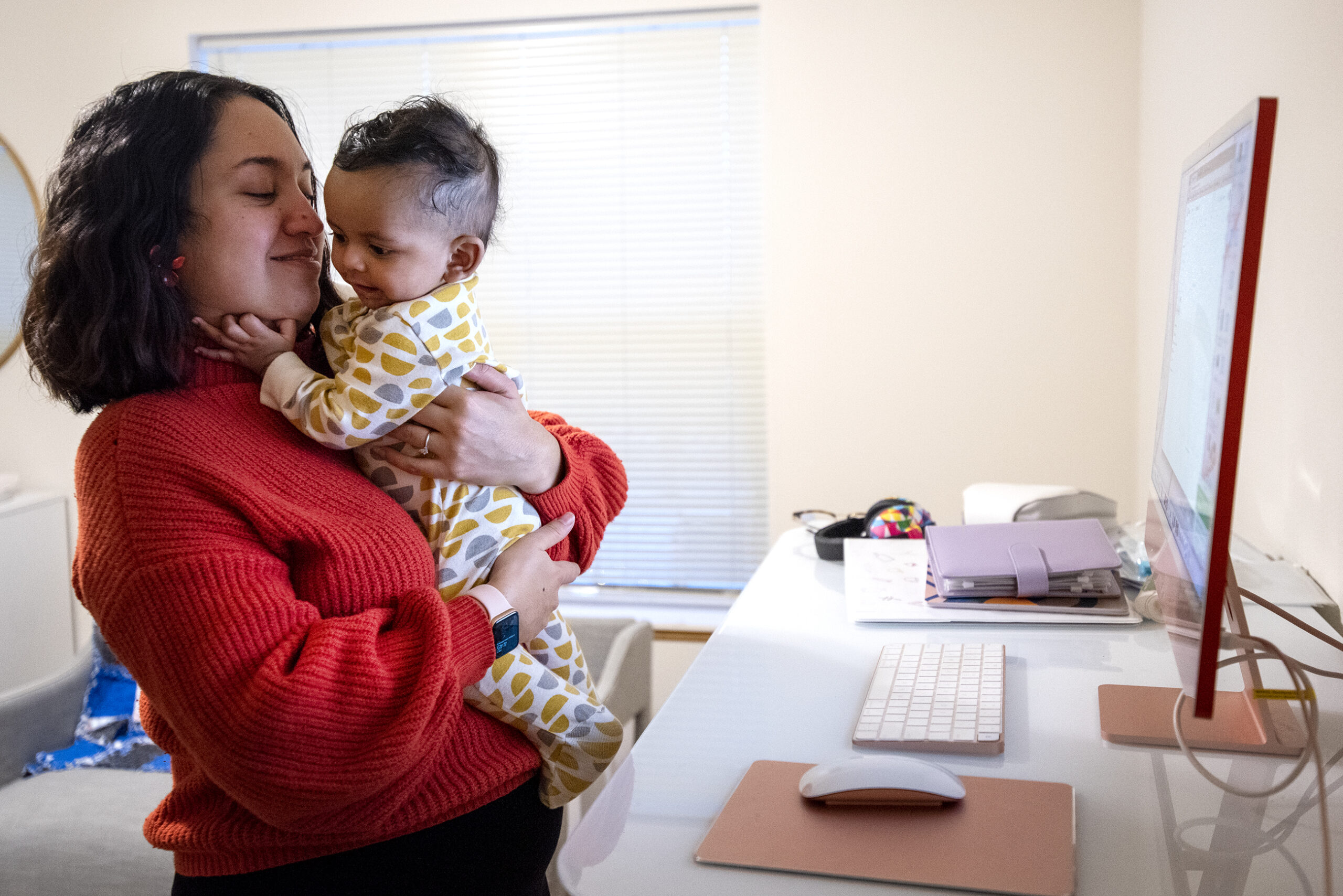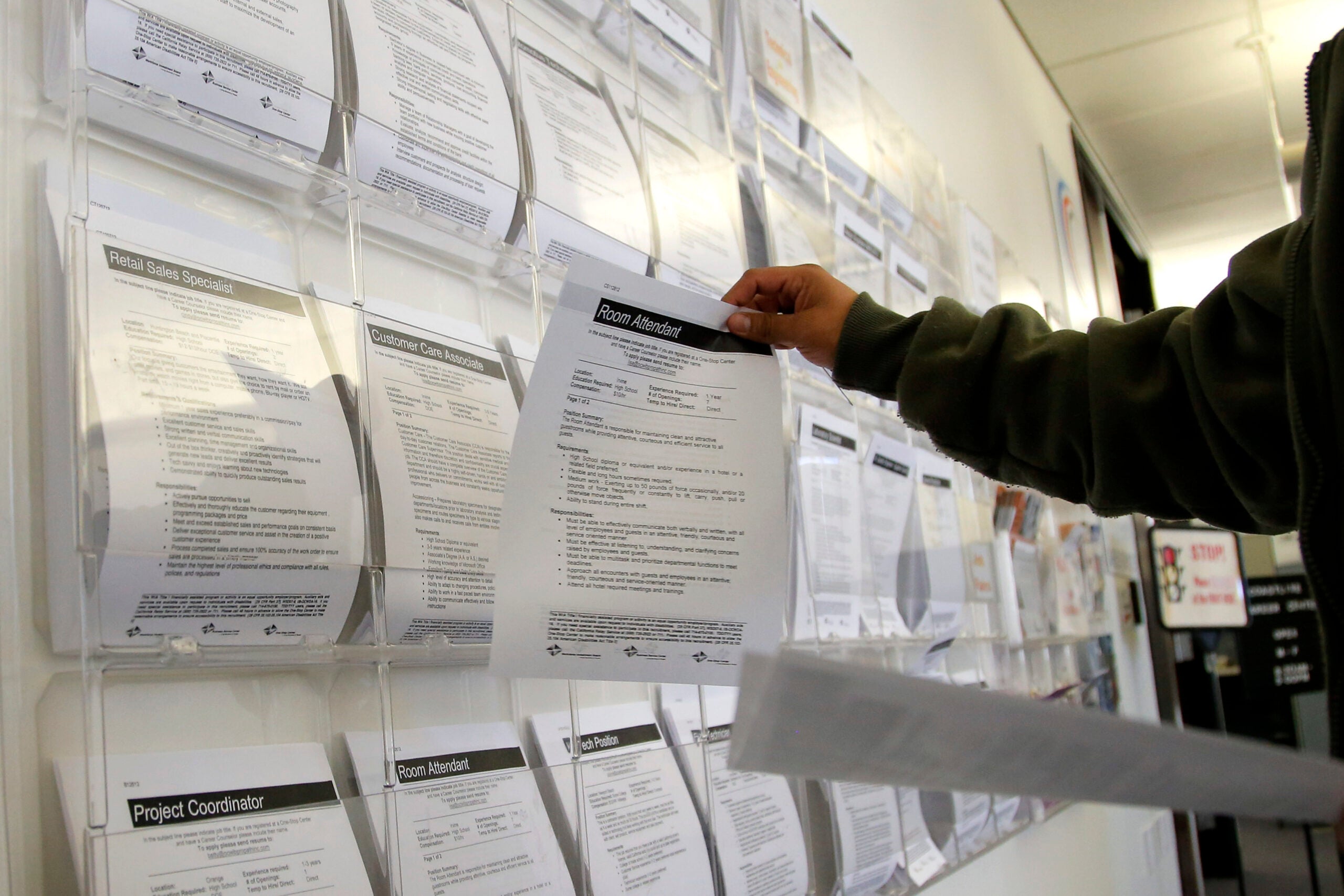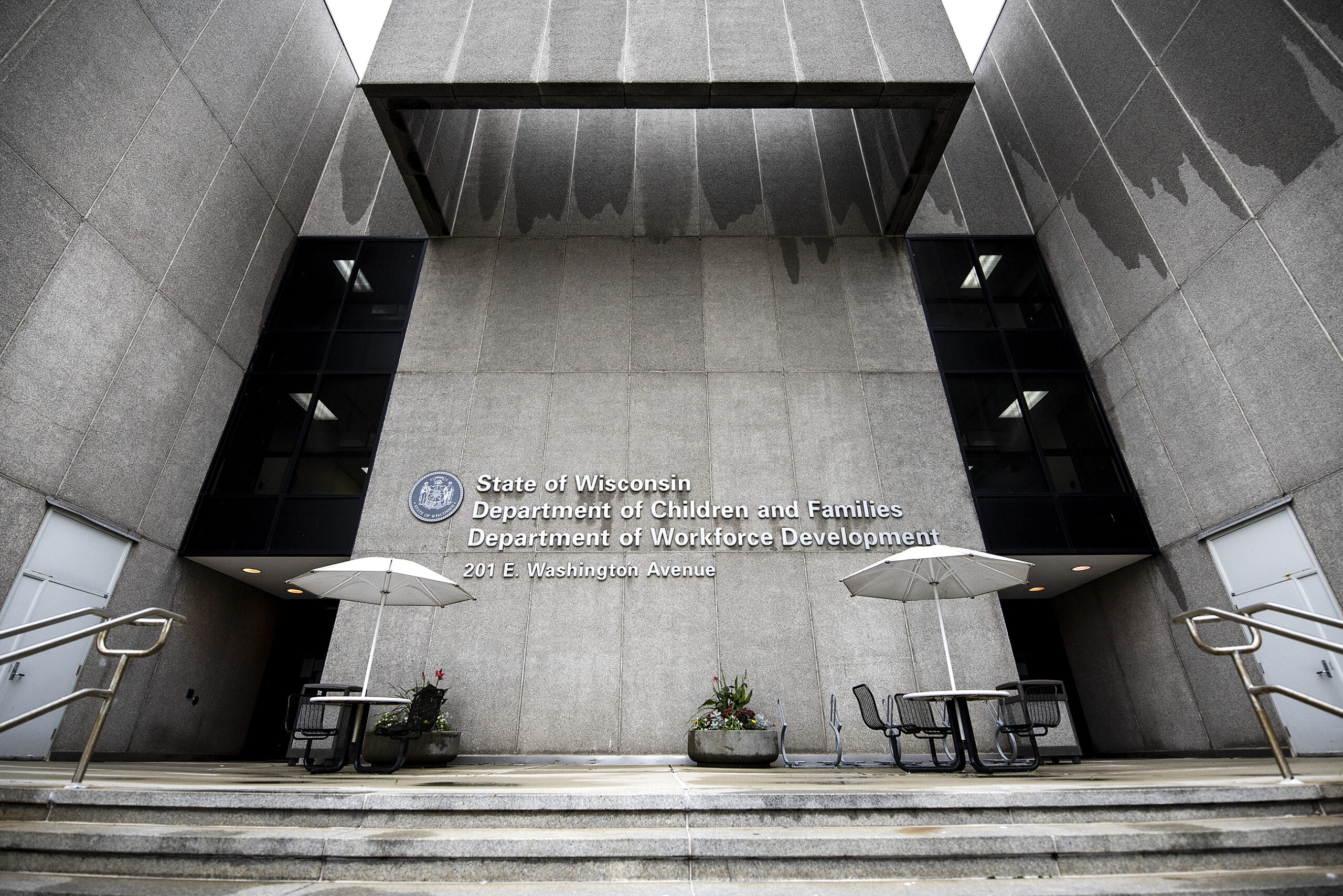A bill that would make all Wisconsin workers eligible for up to 12 weeks of paid leave for personal or family illnesses or to care for a new child has been introduced by Democrats as the ongoing pandemic underscores workforce challenges, especially for caregivers.
Money for paid leave would come from the workers themselves. Employees would pay for their time off by contributing to a state insurance fund overseen by the state Department of Workforce Development. The estimated contribution of each worker would be between $2 and $3.50 per week. Income replacement would be adjusted depending on wages, with low-wage workers getting 95 percent in paid leave while most other workers would get 66 percent, under the bill.
There are already state and federal laws protecting a person’s job if they want to take off to care for a new child or take care of a sick family member. But those family and medical leave programs only apply to larger companies and provide unpaid time off to those who are eligible.
News with a little more humanity
WPR’s “Wisconsin Today” newsletter keeps you connected to the state you love without feeling overwhelmed. No paywall. No agenda. No corporate filter.
This bill would also expand leave to include more family members who might need care, such as a grandparent, grandchild or sibling of the employee.
According to the U.S. Bureau of Labor Statistics, 23 percent of workers in the private industry had paid family leave benefits in 2021.
Carolyn Desrosiers of Appleton had to cobble together paid vacation, short-term disability benefits and unpaid time off after experiencing postpartum depression following the birth of her son in June last year.
Short-term disability benefits paid 60 percent of her salary. Her husband works, too, but she is the primary breadwinner. The couple also has a 5-year-old daughter.
“So losing that much pay was really hard,” she said. “It wasn’t until my son was born that I became more personally and painfully aware of the impossible challenges parents, especially working moms, face in this country today.”
One of the bill’s sponsors, Rep. Sondy Pope, D-Mt. Horeb, said during a virtual briefing Monday that Wisconsin is “shamefully behind” many other industrialized countries that provide paid family leave.
Another sponsor, Sen. Janis Ringhand, D-Evansville, said supporters had hoped for paid family leave to be part of a federal infrastructure plan which faces opposition from GOP members and U.S. Sen. Joe Manchin of West Virginia, a Democrat.
“We don’t want to wait any longer,” Ringhand said.
Paid leave not only benefits workers and their families, she said, but helps employers by improving retention and productivity.
No Republicans in the legislature have indicated they would support the bill, said Ringhand, who introduced similar proposals in 2016 and 2019.
Last week, the Republican-led Assembly passed bills designed to bolster the workforce but which opponents said could make it harder for working parents.
The GOP bills, which face a likely veto from Democratic Gov. Tony Evers, would reduce the number of weeks of unemployment benefits when the jobless rate is low, like it is now. Other GOP proposals would tighten eligibility for Medicaid coverage and require Food Share recipients who do not have children and are able-bodied to work.
Wisconsin Public Radio, © Copyright 2026, Board of Regents of the University of Wisconsin System and Wisconsin Educational Communications Board.







